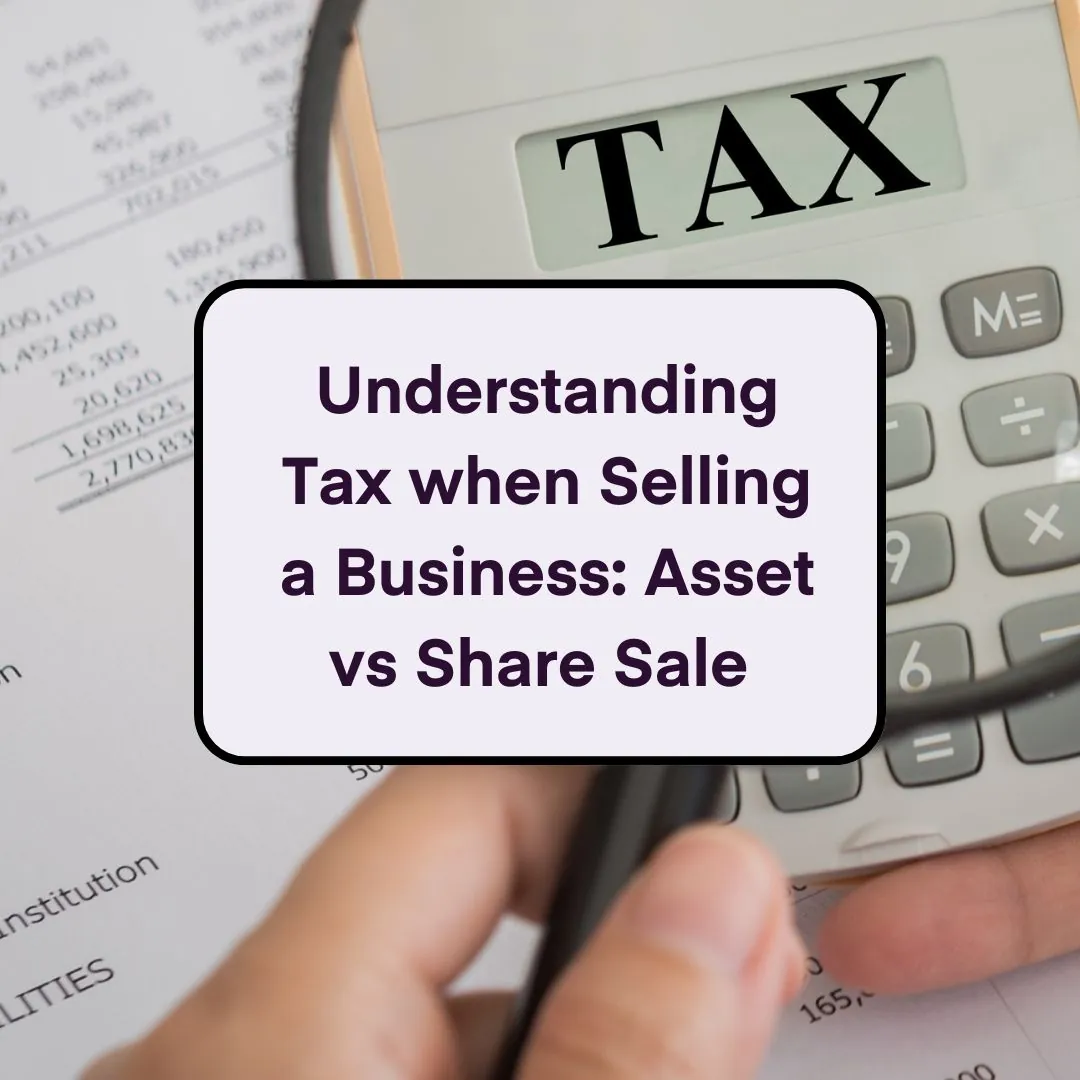
SSAS vs SIPP: Everything You Need To Know
5 Sep 2020If you’re considering pension options for yourself or for key members of your small business, you may be weighing up two sets of initials – SSAS vs SIPP. SSAS refers to small self-administered schemes and SIPP is a self-invested personal pension.
We are frequently asked, which is the best scheme. In our opinion, there is no best scheme. The choice must reflect your personal or company circumstances and pension requirements. In this guide, we set out the main differences between SSAS and SIPP and indicate circumstances where they may be appropriate.
However, we recommend that you take professional advice before making a final decision. This is partly to ensure you have made the most appropriate choice, but also to ensure your scheme complies with HMRC’s requirements.
At Accounts and Legal we have both lawyers and solicitors in house, so you can be sure we’ll get the maths and the paperwork right. All our pension advice comes from regulated experts, including respected Independent Financial Adviser, Nigel Poole, of AFH wealth management, who helped us put together the following article.
So, if you are setting up a business and need to get your pension scheme set up, please don’t hesitate to get in touch and we’d be very pleased to help.
Individual or group scheme?
One of the first decisions to make is, how many people will be part of the scheme?
A SIPP is designed for individual use. A SIPP user essentially creates and manages their own pension pot, making investment decisions and taking the risk. The general advice is that an individual taking a SIPP should have the ability to make their own investment decisions, although they can do so with the help of an independent financial adviser (IFA).
A SSAS is for small groups of employees, generally directors or key executives, and the number of people in a scheme is limited to 12. This time, individual members do not make their own investment decisions or take the risk. The scheme is run by the directors. Again, the directors can take advice from an IFA.
Apart from considerations of numbers, one of the important decisions to make is ‘how much control do you or your colleagues want over your pension scheme?
-
For an individual who wants complete control, a SIPP would be the preferred option.
-
But, for members of a group who want a pension without all the investment work involved, SSAS is more appropriate.
Contributions and benefits
In a SIPP scheme, the individual contributes to the scheme and receives all the benefits of the fund at retirement.
SSAS schemes can receive contributions from individual members and from the company. At retirement, individual members share a proportion of the total fund, based on their contribution.
There are tax benefits for members of both schemes, although SSAS schemes offer opportunities for tax breaks to the company as well as to individual members. On that basis, SSAS is a more tax-efficient scheme.
Scheme administration
A SIPP scheme must be administered by an independent trustee, normally a pension provider who sets and applies rules for the scheme.
SSAS schemes are run by one or more directors on behalf of the members. The members who set up and run the scheme are also its trustees.
An SSAS scheme appears to have more freedom and flexibility in that it is not overseen by an independent trustee. However, the directors must provide an annual return to HMRC to ensure that the scheme is not taking advantage of any rules.
Types of investment
Both types of schemes can invest in commercial property, including their own premises. If the scheme purchases its own premises, it can rent it back to the business at a commercial rent. The rental income then becomes income for the pension fund.
The schemes can also invest in shares, including shares of their own business.
If the schemes do not have sufficient funds to buy property or shares, they can borrow money to bridge the gap. The guidelines on borrowing are explained below.
The investments should not involve risk. A SIPP scheme is probably able to take less risk because of its control by the pension provider as trustee.
Members of both schemes can hire IFAs or fund managers to improve their professionalism and return on their investment.
Loans from the schemes
An SSAS scheme can lend money from the pension fund to the company for business-related purposes, such as investment in equipment for expansion or to buy a commercial property. A SIPP scheme cannot loan money to the company.
The limit for this type of loan is 50 percent of the fund and the loan must be secured by an acceptable asset such as commercial property, a personal asset or shares in another company.
The loan should not be interest-free, but it does provide an accessible source of funds when other commercial sources may be more restrictive or more expensive. The company must pay back the loan in regular instalments of capital and interest, and repayment must be completed within 5 years.
On that basis, an SSAS scheme may be more suitable for businesses that need an alternative funding source for expansion.
Read More: What is SEIS? - Alternative small business funding
Read More: What is a Director's Loan Account?
Scheme costs
The schemes can incur two types of cost – one-time set-up costs and ongoing administration or advisory costs.
The level of administrative costs depends on the amount of activity. For example, if the fund decided to invest in property or shares, the administrative cost would be higher than the figure or a pension fund that was largely dormant.
Similarly, advisory costs would be in direct proportion to the amount of professional advice required. For a SSAS scheme, the ongoing costs are shared between members, which could make SSAS a more cost-effective solution.
Professional advice
As this brief guide explains, there are many factors to consider before selecting a SIPP or SSAS pension scheme. And, as no two individuals or companies are alike, the choice is very dependent on individual circumstances.
That’s why it pays to take independent professional advice from pension specialists experienced in the needs of small businesses. At Accounts and Legal, our small business specialists and employment law solicitors can provide you with both financial and legal advice to ensure that your SSAS or SIPP scheme provides you and your business with the maximum benefit. We can also advise on employment contracts, company handbooks, health and safety guidelines, misconduct or redundancy, as well as company share option schemes and pension schemes.
To speak to our lawyers and solicitors, get in touch today on 0207 043 4000 or info@accountsandlegal.co.uk. You can also get a quick accountancy quote here.
Nigel Poole is an Independent Financial Adviser at AFH Wealth Management. Nigel completed A levels in 1984 and joined Legal and General. He left Legal and General in 1987 and travelled for a year, working in Australia for part. He returned to the UK and rejoined Legal and General in a sales office as a trainee, becoming a life account executive (L&G’s job title) and leaving L&G in 1994 to join an IFA firm. He then went on to set up own IFA firm in 2000 and sold it to AFH in 2018. He now works for AFH, a national IFA firm.


















